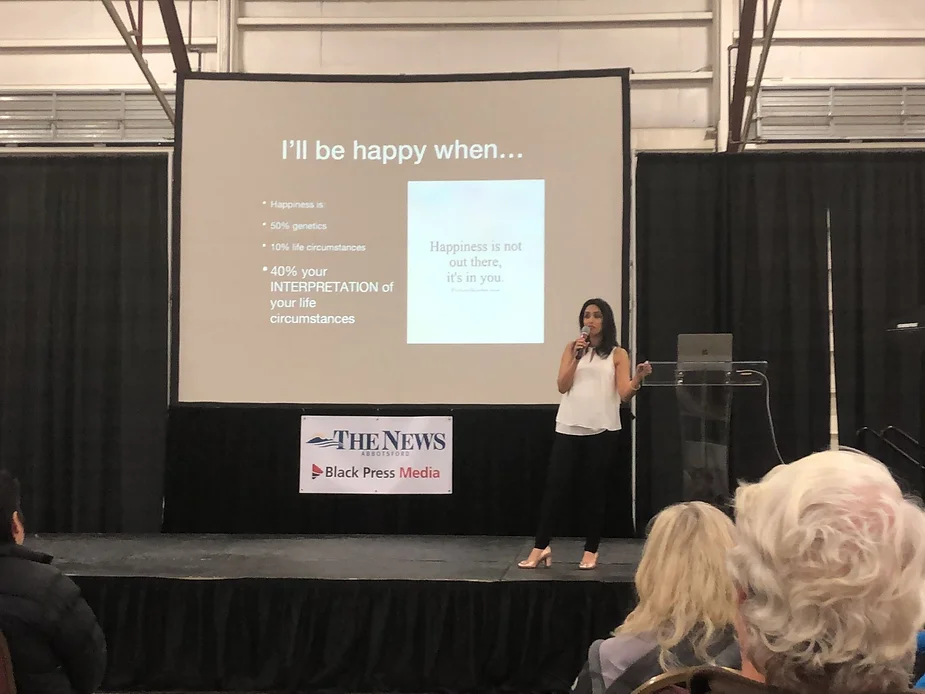How to Deal with Your Emotions?

An emotion is neither good nor bad. They are a part of our lives. Check out this blog and learn how to deal with emotions.
“I shouldn’t be feeling this way.”
“I should always be happy.”
“I shouldn’t let other people know that I am having a tough time.”
Did you find this relatable?
Most of us consider ‘being too emotional’ as a bad thing.
Why?
Because society has taught us to numb our emotions instead of expressing them.
We perceive emotions, like happiness and joy, as good and other emotions, like sadness, anger, as bad.
However, we are not helping ourselves by categorising emotions.
In my experience, I’ve come to learn that emotions are neither good nor bad. They just feel that way. They are a part of our lives.
We need to embrace that life can be challenging, difficult, and incredibly hard sometimes, which leads to uncomfortable or negative emotions.
But we should understand what those emotions are trying to tell us.
And that’s how we learn the power and value of these emotions.
What are negative emotions?
The emotions that make us feel bad in one way or another are considered negative emotions: fear, anger, sadness, despair, guilt, frustration, shame, disappointment, disgust.
We all feel these emotions. And whether you acknowledge them or not, they are there.
In the 1970s, psychologist Paul Eckman identified six basic emotions: Sadness, happiness, disgust, surprise, fear and anger. And four out of six fall into the ‘negative’ category.
In 1980, Psychologist Robert Plutchik identified eight basic emotions: sadness, joy, trust, disgust, anger, fear, surprise and anticipation.
Again, four of these eight might be considered negative.
While negative emotions may feel bad, they’re not so bad for us after all.
Wondering why?
Reasons why negative emotions aren’t that bad.
As a child, I would suppress all ‘bad’ emotions. But by the time I hit my teenage years, I had built a thick emotional wall that kept me safe from any pain of vulnerability. And later I realised that:
They’re Normal:
In a world where we are encouraged to be grateful and happy, perhaps we are doing ourselves a disservice by not talking that negative emotions are a natural and unavoidable part of life.
Experiencing different ‘moods’ is all part of being a human.
They Inspire Action:
What happens when you get really angry? You take action.
Anger has been used throughout history as a positive catalyst for change. When someone is unreasonable to you, you feel angry.
And you can harness that anger to stand up and correct the situation.
Negative emotions motivate you to solve problems, be productive and stand up for what you believe in.
They Build Resilience:
The more you experience the range of emotions, the more resilient you become to dealing with them. Because when you face negative emotions, you learn effective coping skills.
You feel stronger and more capable of dealing with them in the future.
Feeling your emotions is a form of inner reflection. Just like going to the gym allows you to build your body, feeling your emotions shapes your mentality.
So, next time you feel something, feel it to your core.
Do not resist your feelings. Let it wash over you because, in the end, that is how we can find inner peace and compassion for ourselves.